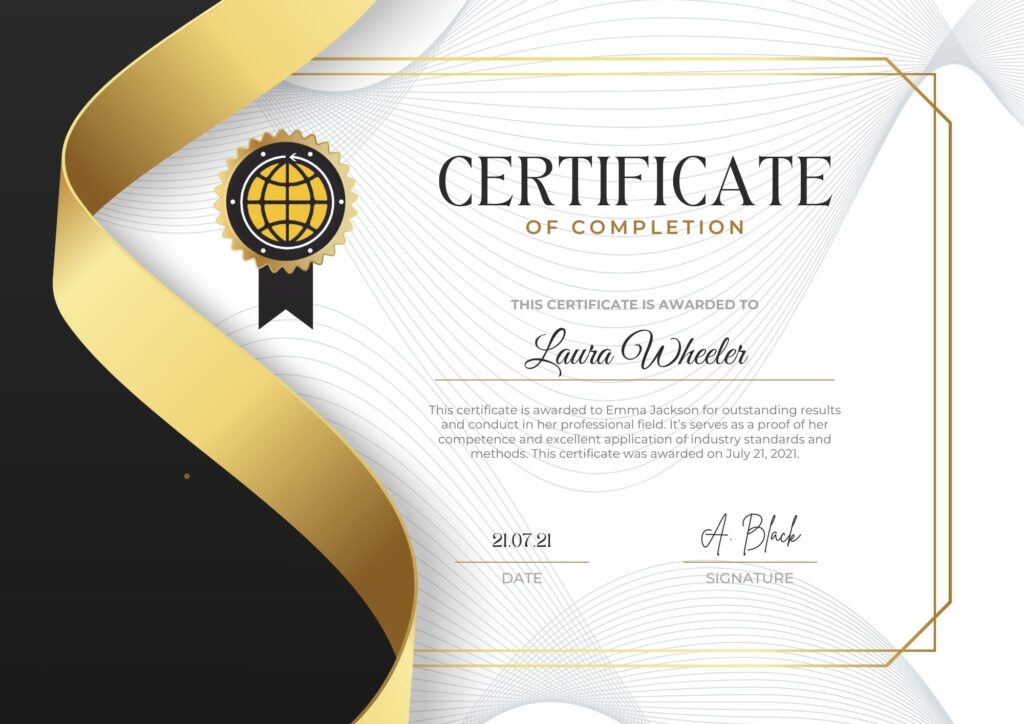ITIL® 4 Foundation Certification Training Course
Learn from the Best, Learn from TopD
Features of This Course
Why Choose ITIL® 4 Foundation Certification Training?
TopD Learning’s ITIL Foundation Certification Training Course helps you to gain a firm understanding of the ITIL 4 framework and its core concepts.
This course equips participants with theoretical, practical and conceptual knowledge on how the service management functions can be adopted by organizations across various sectors worldwide.
By the end of this ITIL course you will have a strong grasp on how ITIL as a whole has evolved over time and understand how modern technologies and operational processes can be accommodated within the established frame-work.
Course Curriculum
Goal: In this module, you will get a complete overview of the ITIL 4 framework, the evolution of ITIL and its best practices, and an introduction to the ITIL certification structure. Students gain a strong grasp of how useful ITIL certification can be, what is new in ITIL v4, and answers to the common question: “Is ITIL 4 worth it?”
The areas covered include:
- Introduction to ITIL 4
- ITIL 4 Evolution
- ITIL 4 Best Practices
- ITIL 4 Certification Scheme
- ITIL v3 and ITIL 4
- Purpose of the ITIL Foundation Qualification
- Who Benefits from the Course
- Case Study
Goal: In this module, you will learn about the key concepts and terminology of ITIL. The concepts are relevant for all services and service relationships, regardless of their nature and underpinning technology. The concepts include:
- The nature of value and value co-creation
- Organizations, service providers, service consumers, and other stakeholders
- Products and services
- Service relationships
- Value: outcomes, costs, and risks
- You will then learn how they can be used to address real-world IT service management challenges.
The ITIL 4 Guiding Principles include:
- Focus on value
- Start where you are
- Progress iteratively with feedback
- Collaborate and promote visibility
- Think and work holistically
- Keep it simple and practical
- Optimize and automate
They include:
- Organizations and people
- Information and technology
- Partners and suppliers
- Value streams and processes
The ITIL 4 SVS describes the different inputs (opportunity and demand), elements (organizational governance, service management, continual improvement and an organization’s capabilities and resources) and outputs (achievement of organizational objectives and resultant value for the organization and its stakeholders) of effective service management.
The ITIL SVS includes:
- The guiding principles
- Governance
- Service value chain
- Practices
- Continual improvement
In this module, you will examine how these factors work together within a system in order to create value for connected organizations, as well as their customers and other stakeholders.
The ITIL Service Value Chain (SVC) is a core component of the SVS. IT offers an operating model for creating, delivering and continually improving services. It consists of six activities which can be combined in a number of different ways to create flexible value streams. The SVS can also accommodate different approaches, including DevOps.
This flexibility enables users to adapt services in order to meet changing demands as effectively and efficiently as possible. SVS activities are supported by ITIL practices, creating a highly versatile tool for ITSM.
Goal: This module covers the 18 ITIL 4 Practices. Students will learn the purpose and description of activities for each practice, as well as their place in the Service Value Chain.
The 18 ITIL 4 practices include:
- Continual Improvement
- Information Security Management
- Relationship Management
- Supplier Management
- Availability Management
- Capacity and Performance Management
- Change Control
- Incident Management
- IT Asset Management
- Monitoring and Event Management
- Problem Management
- Release Management
- Service Configuration Management
- Service Continuity Management
- Service Desk
- Service Level Management
- Service Request Management
- Deployment Management
The 7 ITIL practices can be used to support multiple service value chain activities. Together, they offer ITIL 4 practitioners a versatile yet highly comprehensive toolset for approaching ITSM. They include:
- Continual Improvement
- Change Control
- Incident Management
- Problem Management
- Service Request Management
- The Service Desk
- Service Level Management
- Quiz & Assignment
ITIL® 4 Training Course Features
Instructor-led Live Sessions
We use only the finest instructors in the IT industry with good experience. Learn from our instructor and interact live at your desired place via virtual learning programs scheduled to run at specific times.
E-Learning Self-Paced Training
We offer self-paced training programs, which are structured in modules so as to offer maximum flexibility to those who wish to work around their already hectic schedules.
One to One Training
We offer is one to one training as a mode of educational training where you can Interact one to one with the instructor to get a fully focused training experience. It is preferred by students who prefer a personalized approach.
24 x 7 Expert Support
We have a lifetime 24x7 online support team to resolve all your technical queries, through a ticket based tracking system.
Certification
After successfully completing your course & projects, TopD Learning will provide a professional certification for you.
6 months Access
You will get 6 months access to our LMS where quizzes, presentations & class recordings are available.
Course Completion Certification
Give your resume a BOOST, and join Top Companies with a good package.
You will receive a course completion certificate post completing all assignments & tasks certifying that you have learned the skills and completed the course successfully.

Frequently Asked Questions
FAQs
You will never miss a lecture at TopD Learning! We’ve got you covered:
- View the recorded session of the class available in your LMS.
- You can attend the missed session, in any other live batch.
There were three major changes with the release of ITIL 4.
Firstly, it is more industry and community-driven, with ITIL practitioners helping to update the framework.
Next, it can be easily integrated with other popular frameworks, such as DevOps, Agile, and Lean. Finally, ITIL 4 has an all-new certification path.


